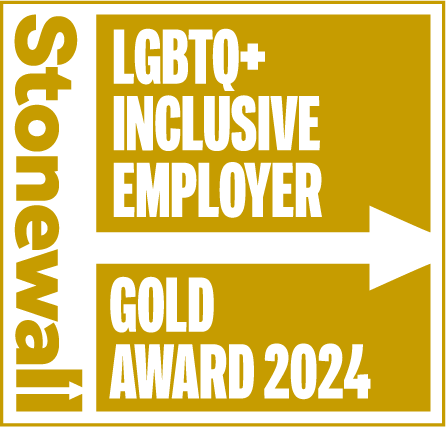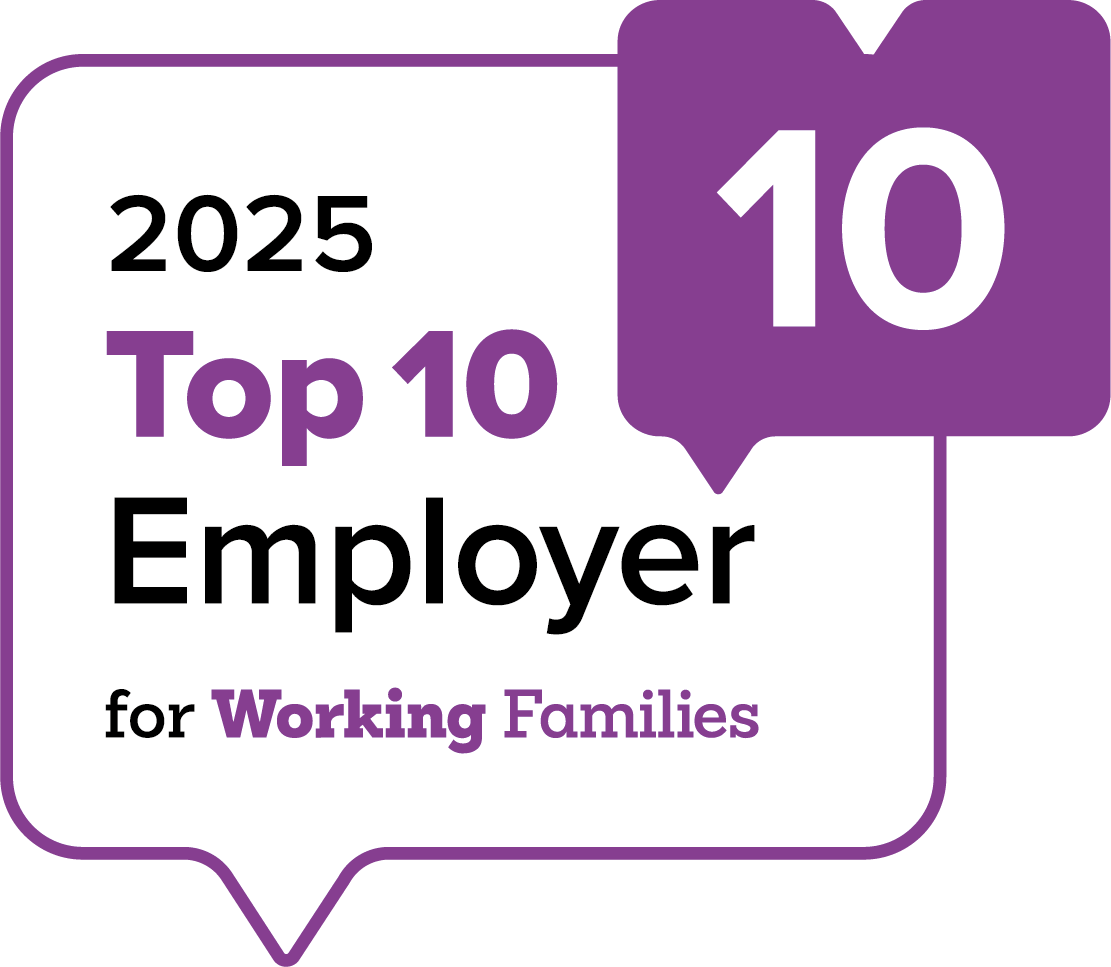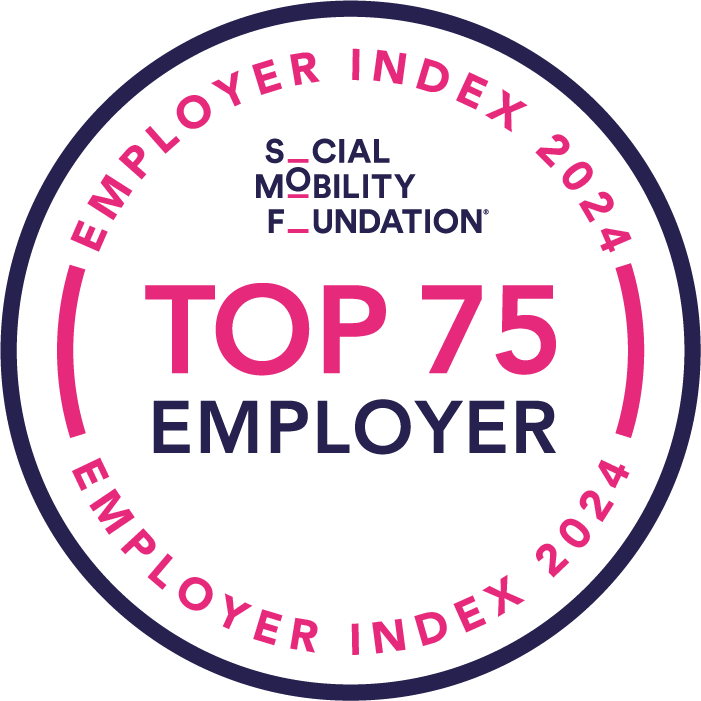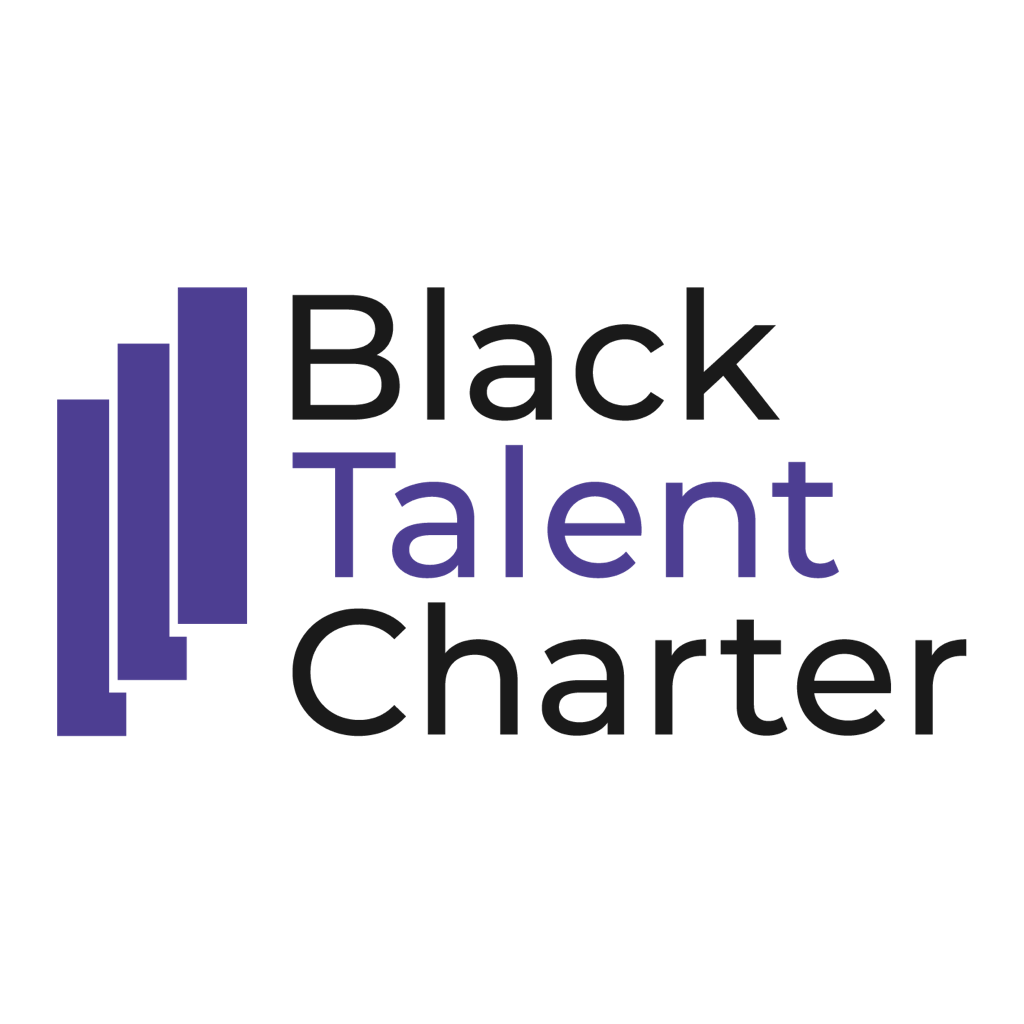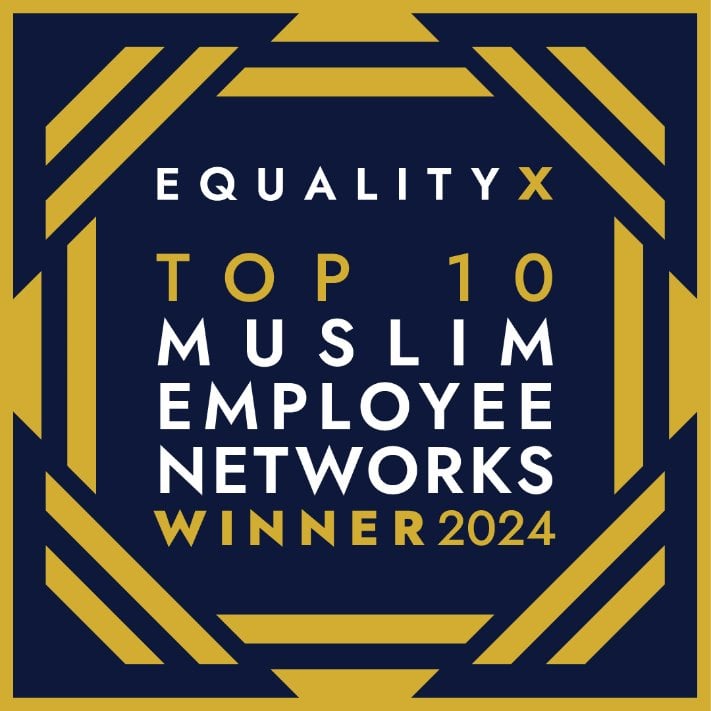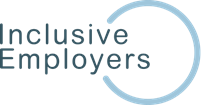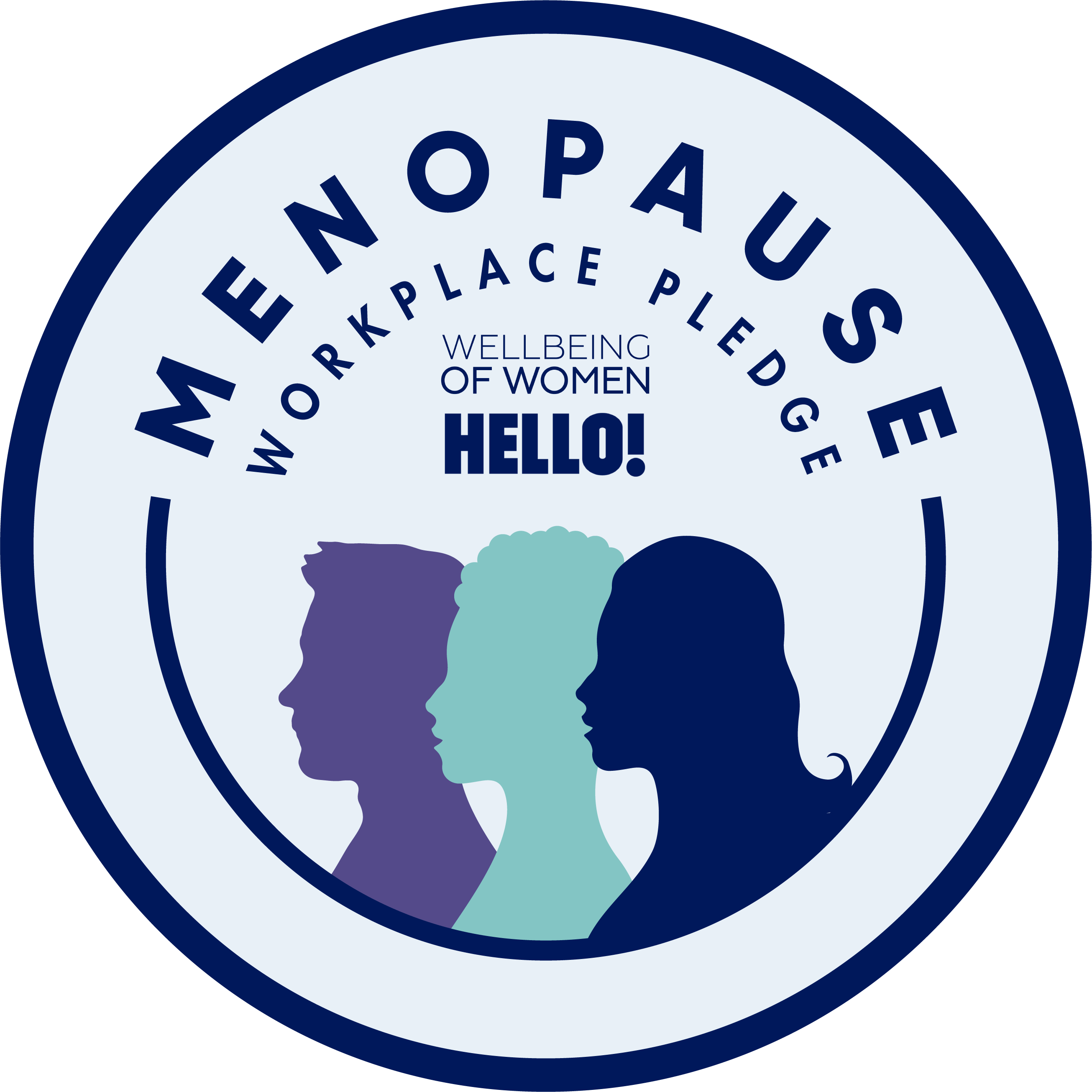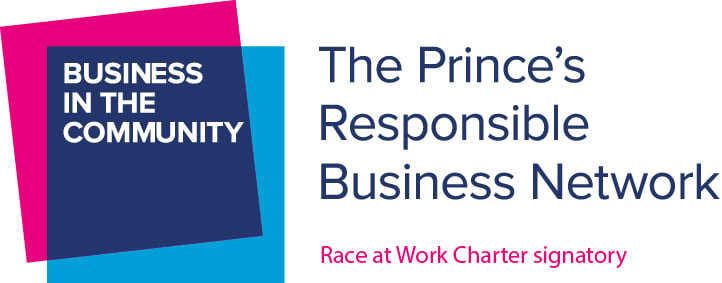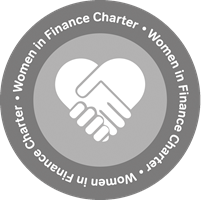Recruitment process
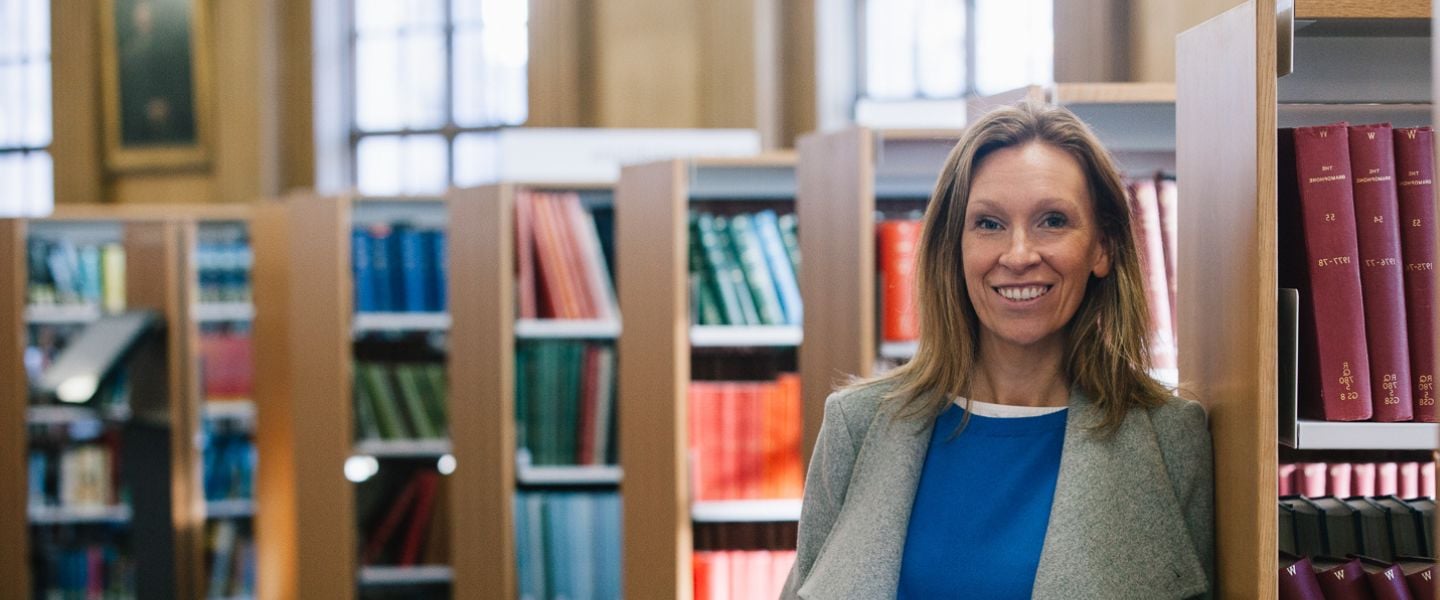
Interviewing for a new role is an exciting time for anyone. Whether it be for a new role, your first role, a change in career, or returning to work from time out, the interview process brings you the opportunity to showcase your personality, skills and experiences. And for us, the interview process is an opportunity to meet potential new colleagues, to hear diverse perspectives and to learn from others.
We strive to ensure our interview process is barrier free and sets you up for success, as well as being wholly inclusive and robust.
If successful in your application, one of our colleagues will invite you to an interview with the hiring manager who you will work with. Our interview process will either be one or two stages and will cover both competency interview questions on our values and technical questions based on the requirements of the role.
Our values underpin our culture and how we do business – they set the parameters of how we expect our people to act with their colleagues, clients and the world at large. Purposefully driven, actively curious and candid, but kind.
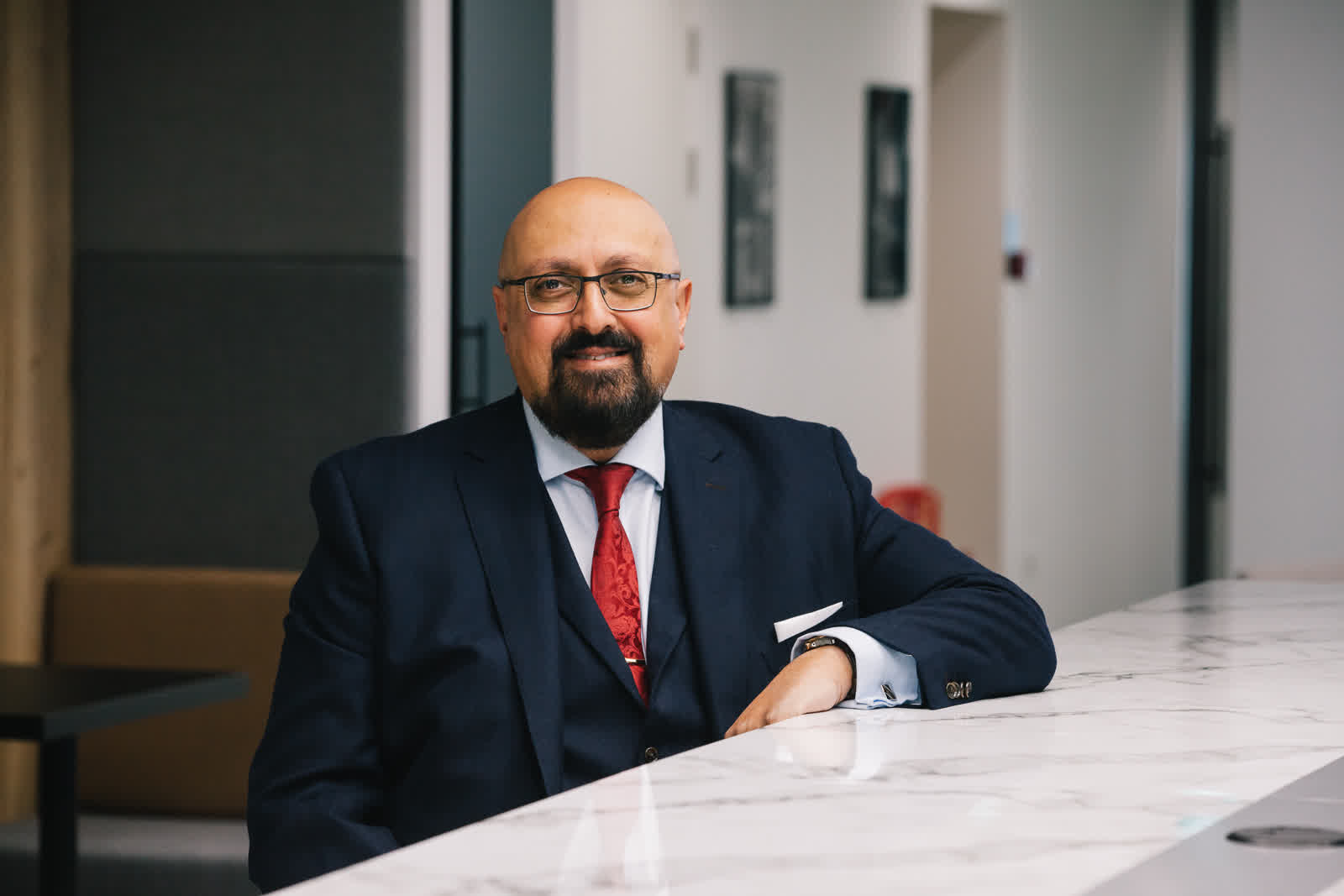
Competency interviews
A competency interview could be a new experience for you, or it might be a while since you last interviewed for a role. A useful way to answer questions like these is the STARR approach.
- Situation - what was the situation
- Task - what was the task
- Action - what action did you take
- Results - what were the results
- Reflections - what reflections did you have afterwards
Example questions
- How do you ensure your work meets the highest quality standards possible? Who do you collaborate with to ensure this and how do you review your work?
- Give an example of a time when you’ve taken responsibility for the delivery of a large project or piece of work. What quality and risk measures did you consider and how did you ensure you met the deadlines?
- Give an example of an innovation or idea you wanted to deliver. How did you go about sharing this idea with colleagues and what factors did you consider to ensure all risk/quality measures were identified?
- Give an example of when you’ve positively influenced others in improving a process or piece of work. How did you go about influencing and what factors did you consider?
- Give an example of when you’ve provided difficult feedback to a colleague. How did you position the feedback to ensure you delivered it in a kind but straightforward manner, to get the best outcome from the conversation?
- Talk us through another person’s career that you’ve helped to develop. What was your input and how did you support them in the best way to get the desired outcome?
- Tell us about a time when a client/senior colleague has asked you to deliver a piece of work that you felt may be contrary to your organisation's ethical principles. What safeguards and measures did you consider?
- Tell us about a time when you've needed to maintain objectivity and independence in a work scenario. What action did you take and what was the outcome?
How AI can help you prepare (without doing the talking for you)
We know job interviews and assessments can be nerve-wracking, especially when you want to make a great impression. We want you to feel confident and well-prepared during these important early stages.
New technologies, including generative AI tools, are quickly becoming part of how people prepare for these conversations. They can help clarify your thinking, structure your ideas and reflect on your experiences.
But just like in our work with clients, what matters most is authenticity. We want to get to know you – your insights, your judgement, and your ability to personally connect with others.
We don’t want to discourage you from using AI, but we want you to use it in the right way. We’ve put together some guidelines on how to use AI wisely as you prepare for an interview or assessment with us.
Dos and don'ts of AI
|
How AI could enhance your application
|
When to avoid using AI
|
|
Knowledge gathering: Research industry trends and the firm’s values.
|
Copying: Don’t copy and paste responses from AI. Use your own words and personal experiences.
|
|
Preparation tools: Mock interview questions and interview techniques to enhance your responses.
|
Dual-screening: Don’t use AI during live interviews to source answers to the questions on a dual screen.
|
|
Thought articulation: Generate ideas and organise and articulate your own examples and experiences.
|
Generating responses: Don’t generate interview responses that aren’t your own or are fabricated. Authenticity is key.
|
|
CV creation: Tailor your CV for each application, aligning it with the specific requirements of the role.
|
Sharing private information: Never add personal content or content about the firm to AI tools.
|
|
Writing assistance: Check for correct spelling and grammar in your written assessments.
|
Recording without consent: Don’t use AI to record/transcribe interviews with us without obtaining consent first.
|
The bottom line on AI
We’re interested in the real you. That’s something AI cannot replicate. AI can be a helpful preparation partner, but it’s not a substitute for your judgement, experience or personality.
We encourage you to use these tools to enhance your preparation, but come to your interview ready to show us what you bring as your authentic self. That’s what really makes the difference.
If you have any questions about using AI during the interview or assessment process with us, please speak to your recruiter.
Disability Confident Interview commitment
We are an inclusive employer and committed to ensure our workforce is representative of our diverse society. We therefore make reasonable adjustments and adaptations to our recruitment process to ensure it is inclusive for anyone who wishes to apply. Examples of reasonable adjustments are not limited to, but could include additional time, flexibility within interview format or accessibility support.
As part of our Disability Confident Interview commitment scheme, we will offer an interview to disabled applicants who opt into the scheme on their application, and who best meet the minimum criteria for the role as stated in the job advert. This interview will either be with the hiring manager or the recruiter responsible for the role and we can adjust the format of the interview to suit the needs of the individual.
If you wish to apply in a different format, please contact us on grantthorntoncareers@uk.gt.com and we will respond using your preferred method of contact, to discuss your application. If you are applying for one of our agile talent positions, please contact the team on agiletalentteam@uk.gt.com.
We are a Disability Confident Leader and we work very closely with the Business Disability Forum to ensure our recruitment practices are inclusive and open to all. If you would like to speak to anyone (confidentially) about making a reasonable adjustment or our Disability Confident Interview commitment scheme, please contact us on the above email address.
We hope this helps you enjoy and get the most out of your interview experience here at Grant Thornton.
Visa sponsorship
Any employment offers are subject to an applicant providing the necessary documentation that demonstrates their legal right to live and work in the United Kingdom (UK). As part of our recruitment process, we are required to verify this right at an early stage and ensure it remains valid for the duration of employment.
While we are a licensed sponsor and may be able to offer visa sponsorship for certain experienced roles, recent changes to UK Home Office salary thresholds mean that sponsorship eligibility is now more limited. As a result, we encourage applicants to carefully consider their current right to work status when applying.
Discover more
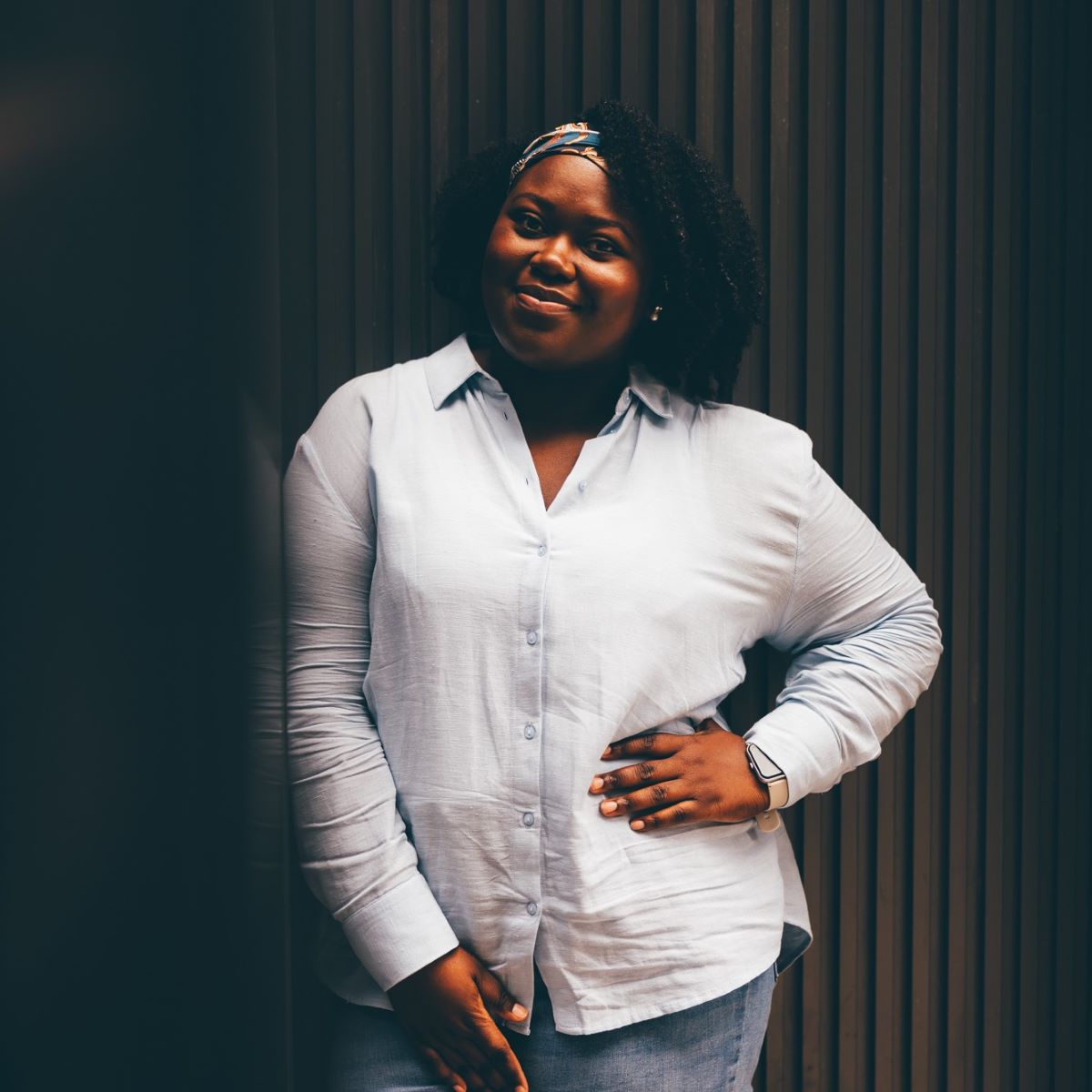
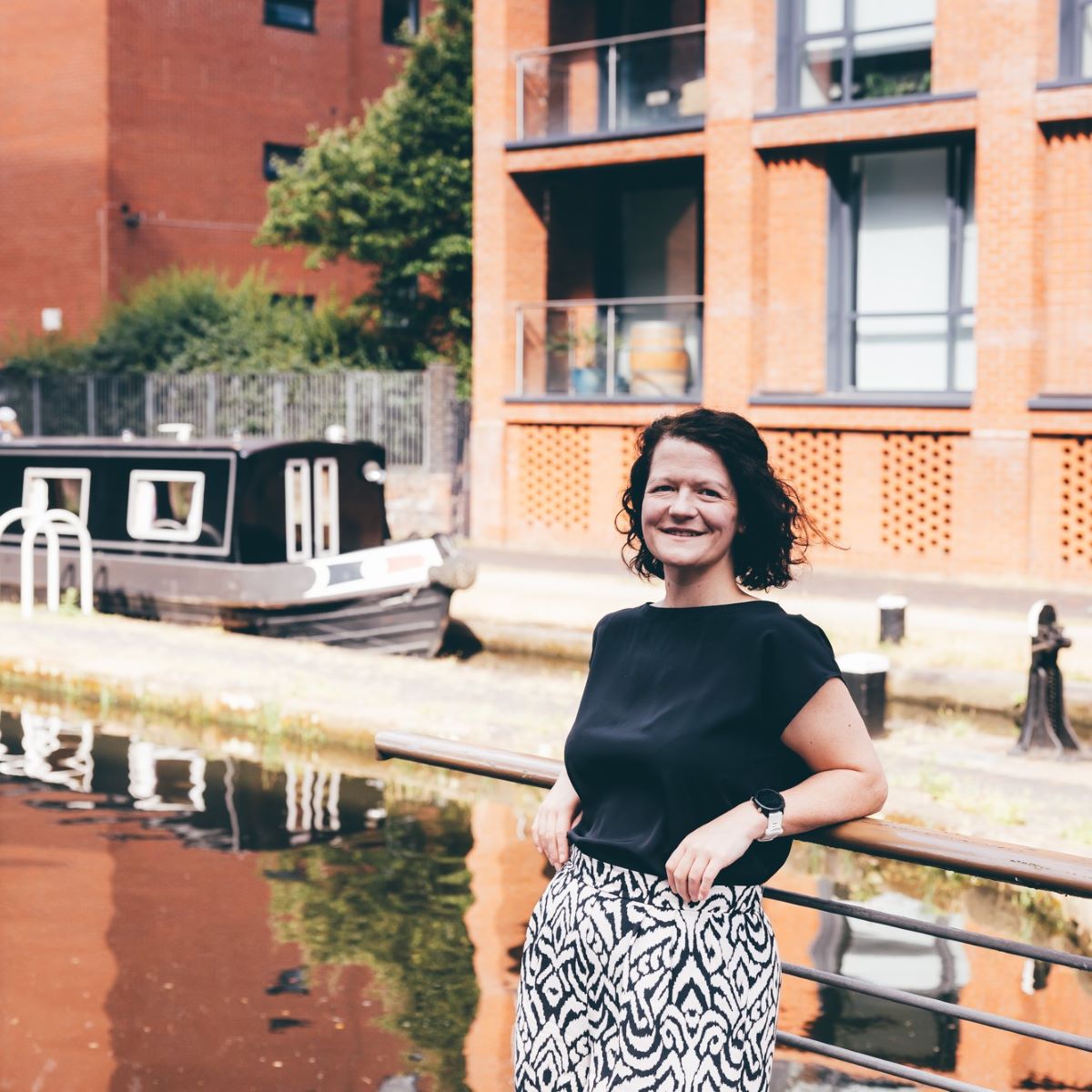

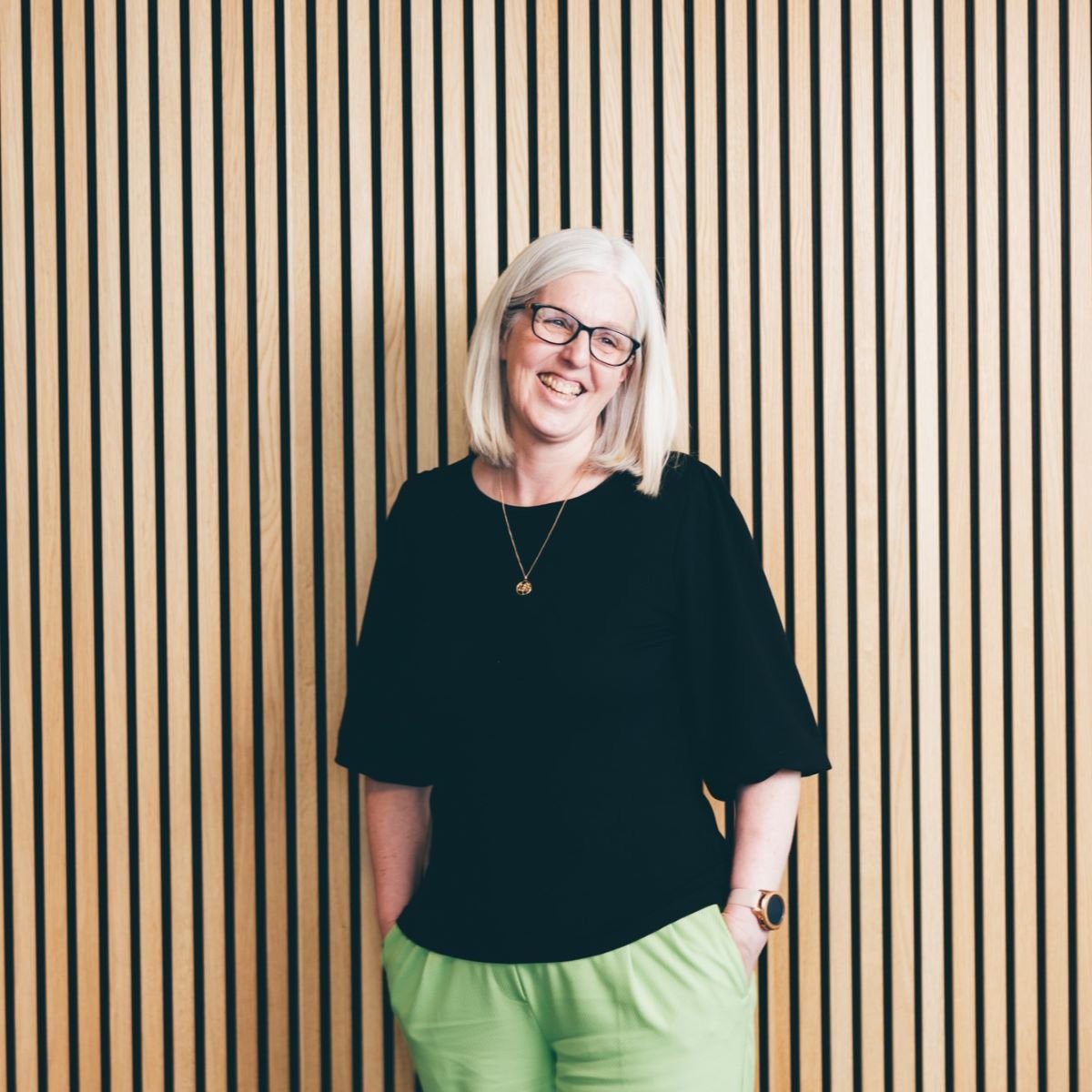
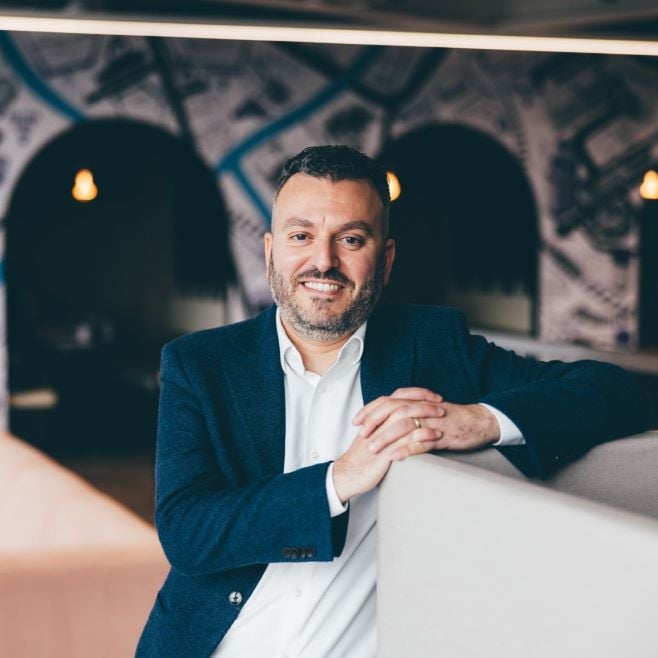
Celebrating our inclusive culture
